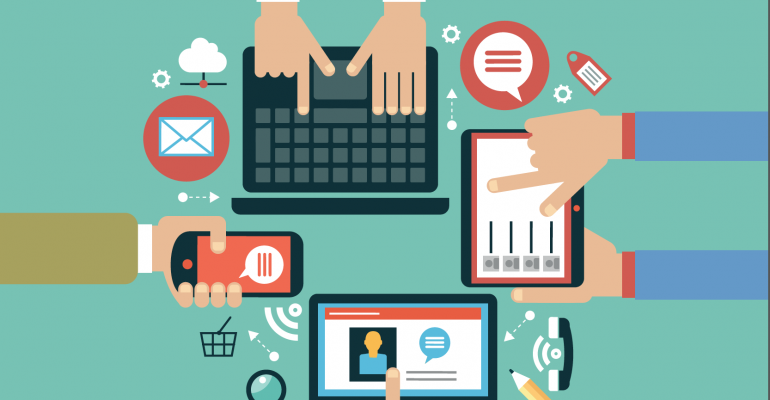Many event organizers make the mistake of believing that event promotion ends on the day of the event, but pre-event promotion is just stage one. Promotion on the day of the event and during the weeks and months afterwards are just as important, especially if there are other events being planned cut down the line.
To help event organizers make the most of their promotional budgets and get their event the attention it deserves, Event Insurance Services has created The Toolkit for Promoting Events. The idea behind the toolkit is to give event organizers insights in potentially untapped marketing channels, strategies, and approaches to their marketing.
Here is a broad overview of the topics covered in the toolkit.
Stage 1: Pre-event Promotion
While you may find yourself bogged down in the logistics of organising your events, you can’t neglect your duty to promote this event well in advance. This will be the most important stage of promotion—you can’t have a successful event without attendees. You’ll want to look at using several different marketing channels, with some of the most successful being:
• Email. According to the 2017 Eventbrite Event Industry Report, email is the most effective event promotion
• Website promotion. Don’t forget to optimize your site so attendees can find it through a Google search.
• Pay-per-click Google advertising. You will have to pay every time they click that ad that shows up at the top of a Google search for your terms, but it can be an effective way to spread the word.
• Social media/social advertising. Don’t forget to look into the paid advertising options some sites offer that allow you to target audiences by key demographics.
• Partnerships. Speakers, entertainers, sponsors, and other partners can be a good source to tap for event promotions.
• Public relations. Consider developing and disseminating a press release to relevant publications and local news outlets.
At this point you want to tackle your promotion strategy head on and cover all of these channels, and also consider using traditional marketing techniques such as direct mail, depending on your audience and their responsiveness to this type of approach. Don’t just look at each channel individually; identify how they can work together. For example, you might want to create blogs on your website about your upcoming event, then drip feed them through social media. That way, when you send email invitations, they may well have already heard of the event and expressed an interest.
Stage 2: Promotion During the Event
Now that you’ve reached the day of your event, it’s time to ramp up your promotions to not only encourage engagement, but also to show anyone who isn’t at your event what they are missing. You also have an opportunity to line up future promotional opportunities, so you need to give special effort to:
• Social media. Social media will be your most important tool. It’s a great idea to develop a unique hashtag for your event if you want to start trending on Twitter. Encourage attendees to get involved on social and use it to its full potential, whether that’s through Twitter Polls, Facebook Live, or any other avenue.
• Branded materials. By offering branded materials to attendees, you can stay at the forefront of their mind after the event.
• Data collection. Implement a data-collection strategy that enables you to follow up with attendees afterwards to find out what they thought of your event, and to promote your next event.
Stage 3: Post-event Promotion
The last thing you want to happen when your event ends is for people to forget about it. You want the conversation to continue, and it’s your responsibility to keep it going. While the content of your promotion strategy will now change to focus on what happened at the event opposed to what’s coming up, it’s still just as important to get the word out. The following channels will now be key to the success of your strategy:
• Website content
• Social media
Now it’s time to create content surrounding your event—image galleries, blogs, videos, etc.—that will be critical to promoting your event through social media, email, and whichever other channels you choose. When people see how great the event was, they will be more likely to sign up for the next one!
The toolkit also contains advice from industry experts, tips for writing press releases, and an event promotion to-do list. You can view or download a PDF of the free toolkit here.
Dan Rose is event insurance services director with Event Insurance Services, which has been providing insurance to event organisers for more than 20 years. The company also provides multiple events insurance to exhibitors.





